Tasting tour Japan's Shikoku island
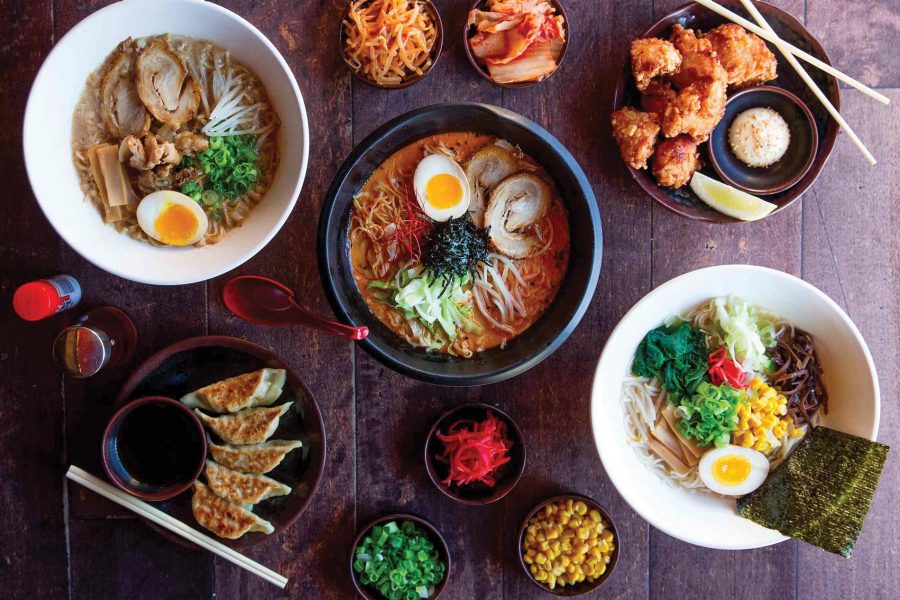
Regional flavours make travelling around Japan a foodie’s delight. The four prefectures that comprise Japan’s Shikoku Island – Ehime in the west, Kagawa in the north, Kochi in the south and Tokushima out east – are perfect examples. Here are some classic Shikoku dishes to look out for.
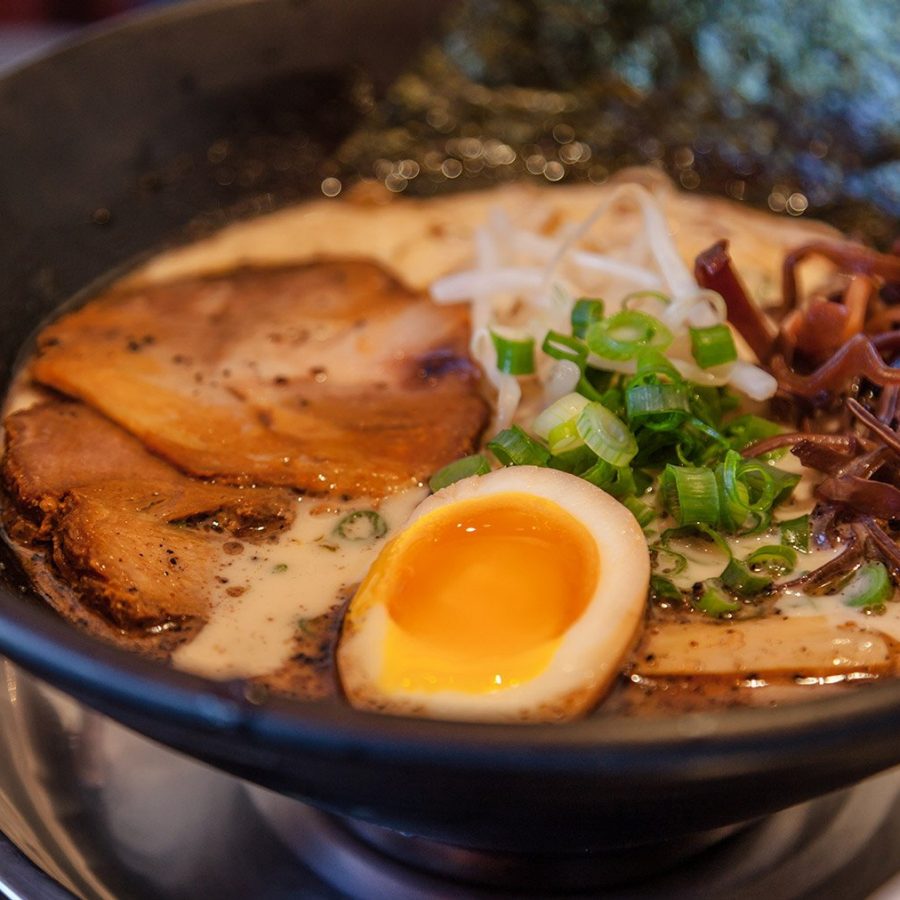
Credit: Shutterstock
Tokushima Ramen
One of Japan’s less-heralded ramen variations – and criminally so – Tokushima ramen features thin, softish noodles topped with green onions, pork belly and beansprouts. One Tokushima twist is that it can also be served with a raw egg on top. The main quirk, however, is that Tokushima ramen broth comes in three different hues – brown (the most common), yellow or white, depending on the combination of stock and the type of soy sauce in the mix – although each one tastes a little sweeter and saltier than a typical ramen. There are plenty of no-frills places to slurp up Tokushima ramen in Tokushima city, but the brown broth version at Inotani (4-25 Nishidaikumachi; +81 886531482) is widely considered a standout.
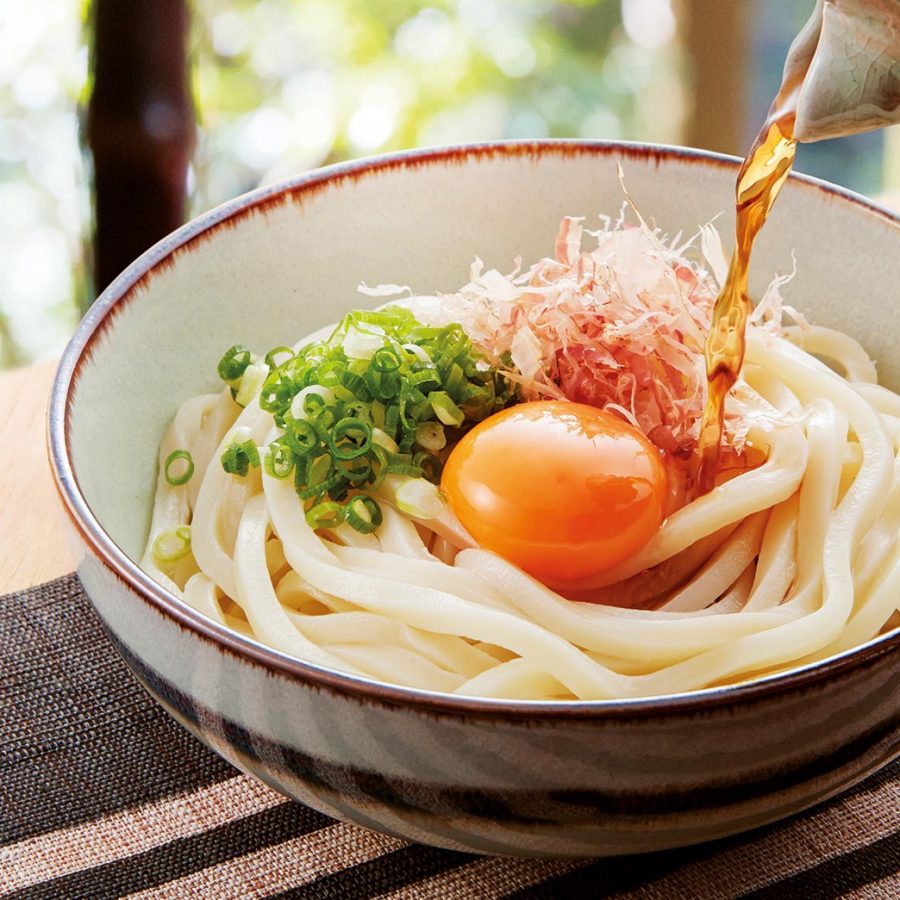
Credit: Shutter Stock
Sanuki Udon
For many Japanese, sanuki udon is the most identifiably Shikoku Island dish. Hailing from Kagawa, these slightly springy wheat noodles are typically served in a stock made with dried sardines and can come with a variety of toppings – a raw egg mixed into the bowl and a sprinkling of green onions is one classic option. It’s Shikoku soul food at its simplest and best. You’ll find sanuki udon all over Shikoku Island – there are an estimated 800 restaurants in Kagawa prefecture alone.
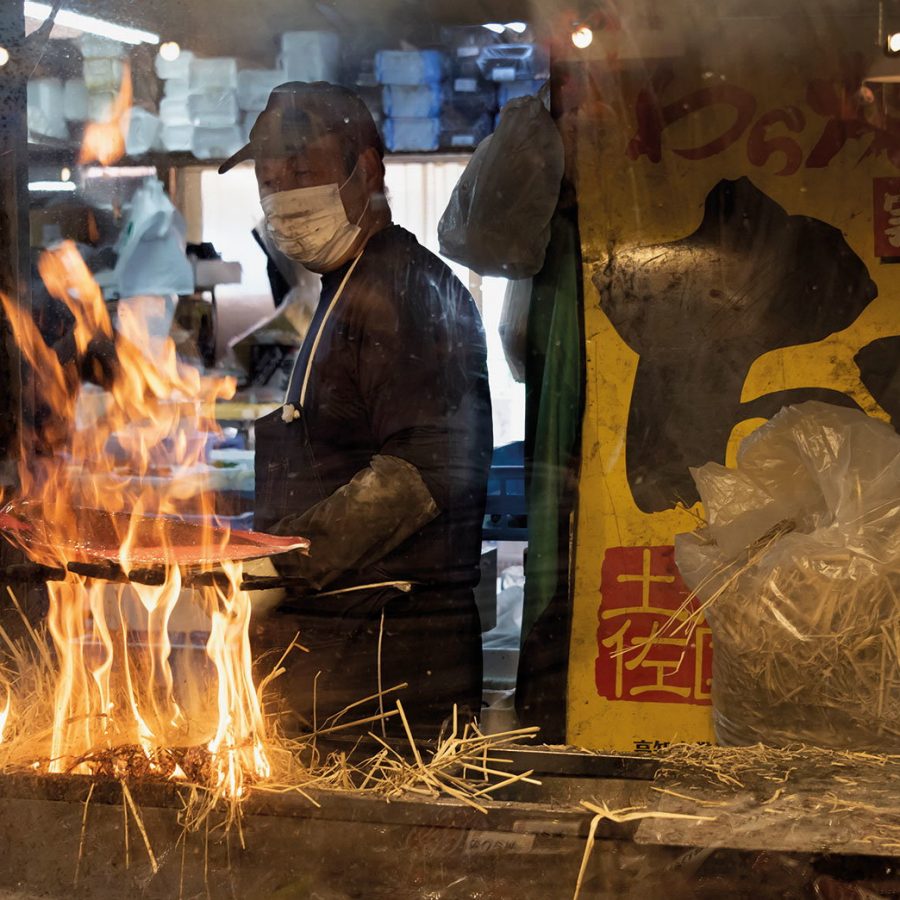
Credit: allenfotowild
Katsuo no Tataki
Nothing says Kochi like katsuo no tataki: bonito tuna that’s seared over a straw fire just enough to scorch the outside while the fleshy centre remains tender and raw. Served in slices with raw garlic and onions (or green onions) and a sprinkling of ponzu sauce – a mix of soy, citrus and sake – it goes extremely well with beer or sake. Head to Hirome Market (2 Chome-3-1 Obiyamachi, Kochi) in the heart of Kochi city to find dozens of stalls and food stands serving it. The market is especially lively at night with the after-work crowd.
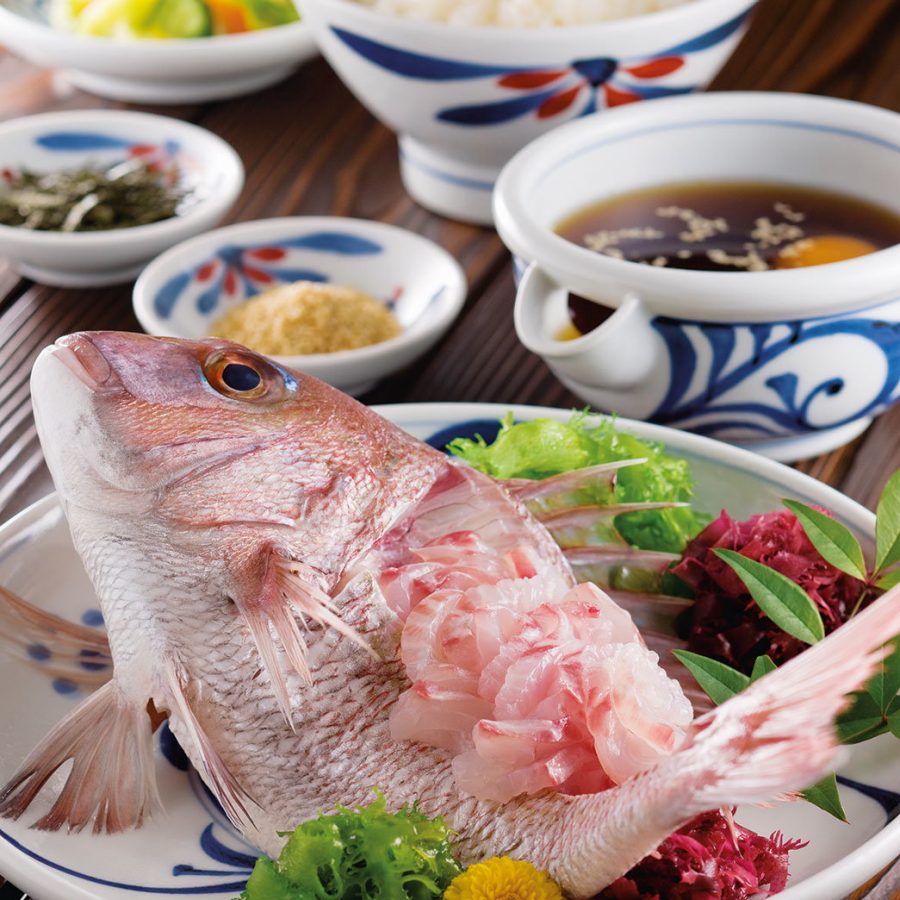
Credit: Getty Images
Uwajima Tai Meshi
Tai (red snapper) is the main ingredient in this Ehime signature dish, which is almost as much fun to prepare as it is to eat. You begin by mixing a raw egg into a soy- and fish-stock-based sauce before adding chunks of raw snapper, then pour the entire mixture onto a bowl of hot rice. The Dogo area of Matsuyama has some great tai meshi joints. Try Gansui (3-6-4 Okaido) or Kadoya (20-24 Dogoyunomachi).
Hero image: Courtesy/FoodGPS
More inspiration
Tokushima travel information
- China – the Chinese Mainland, Hong Kong SAR, Macao SAR and Taiwan Region
- Hong Kong SAR - English
- Chinese Mainland (China) - English
- Taiwan, China - English
- 香港特別行政區 - 繁體中文
- 中国內地 - 简体中文
- 中國台灣 - 繁體中文
- Africa
- South Africa - English
- Asia
- Bangladesh - English
- Korea - English
- Singapore - English
- Cambodia - English
- 한국 - 한국어
- Sri Lanka - English
- India - English
- Malaysia - English
- Thailand - English
- Indonesia - English
- Maldives - English
- ประเทศไทย - ภาษาไทย
- Indonesia - Bahasa Indonesia
- Myanmar - English
- Vietnam - English
- Japan - English
- Nepal - English
- Việt Nam - tiếng Việt
- 日本 - 日本語
- Philippines - English
- Australasia
- Australia - English
- New Zealand - English